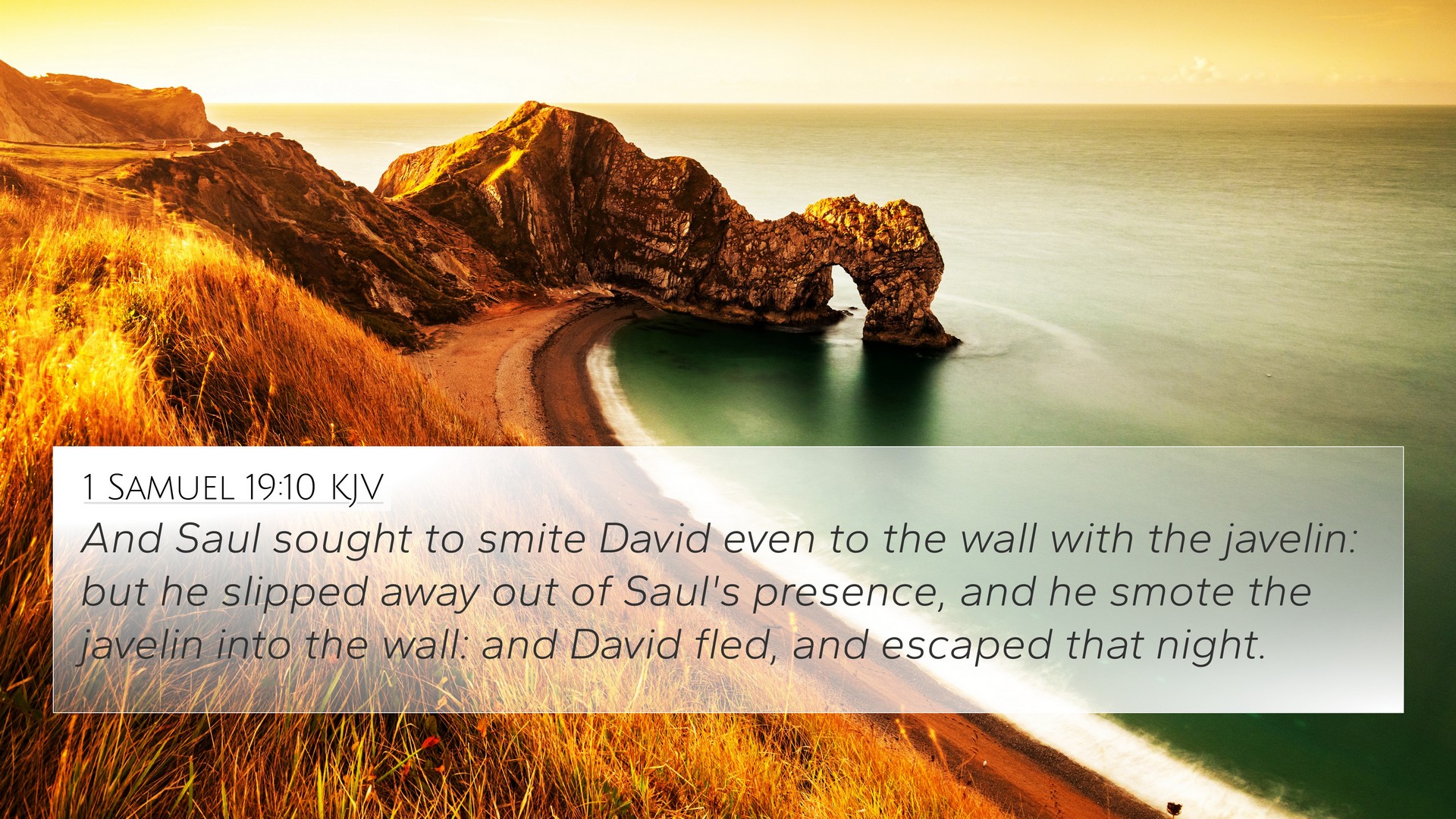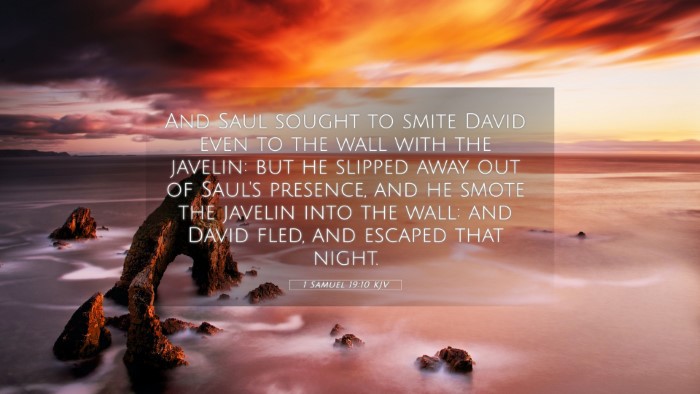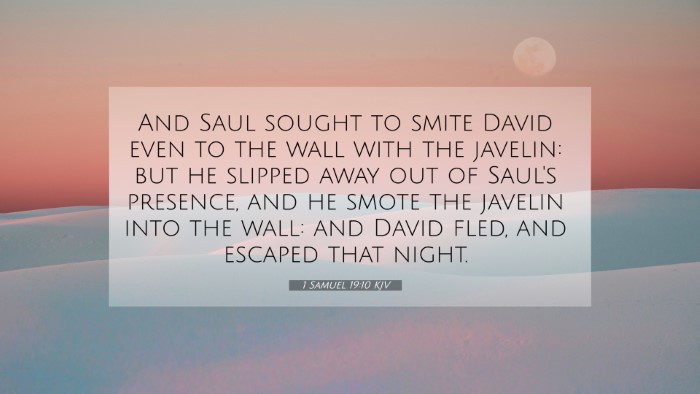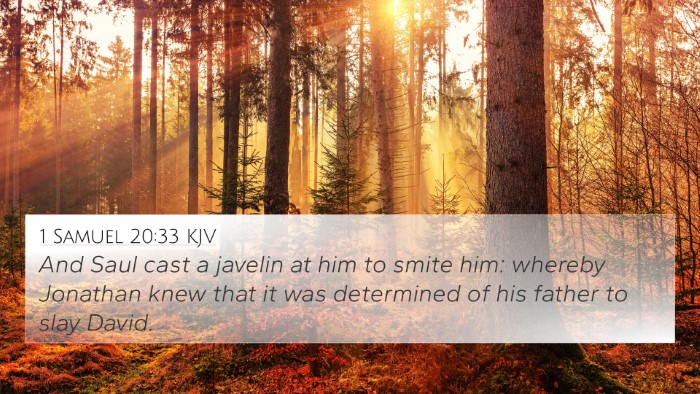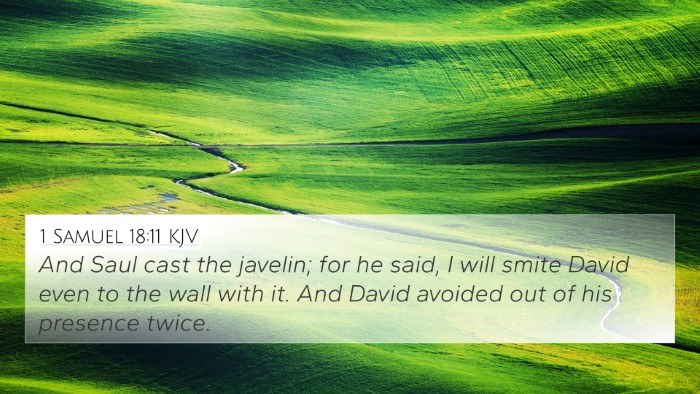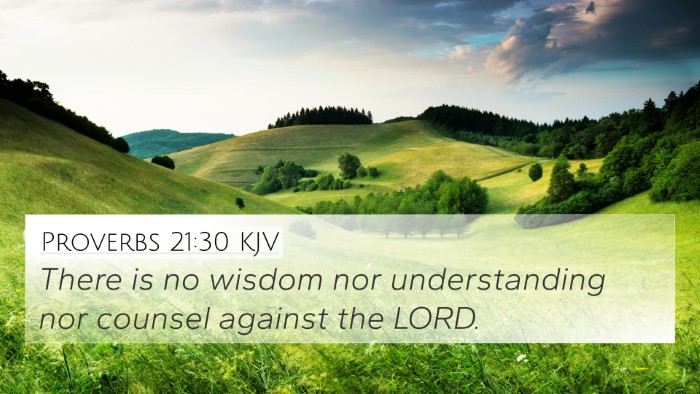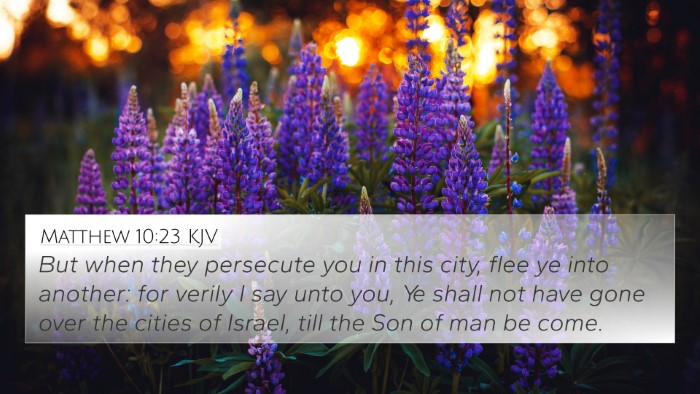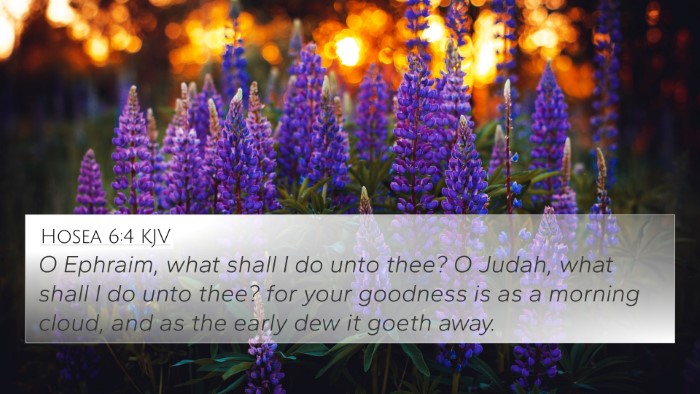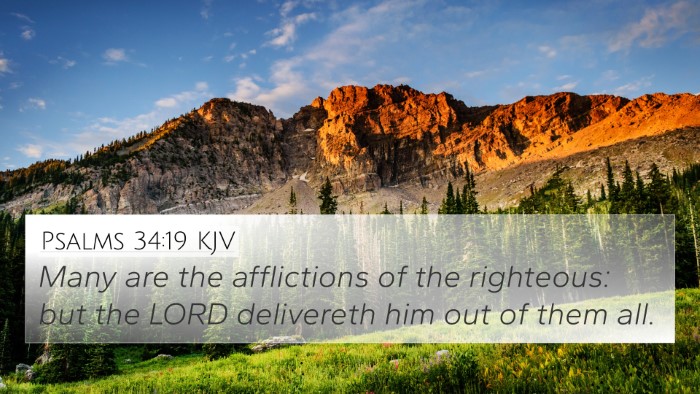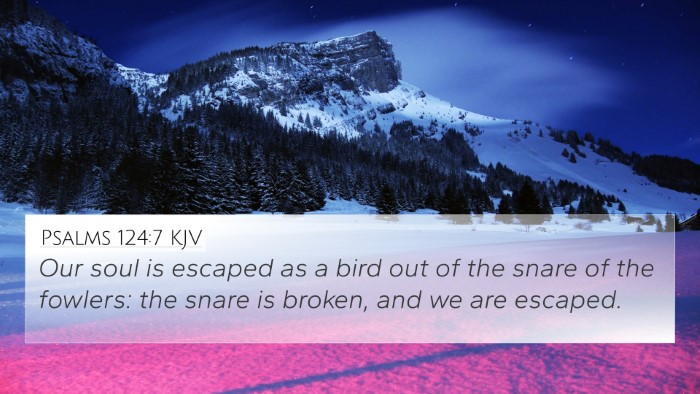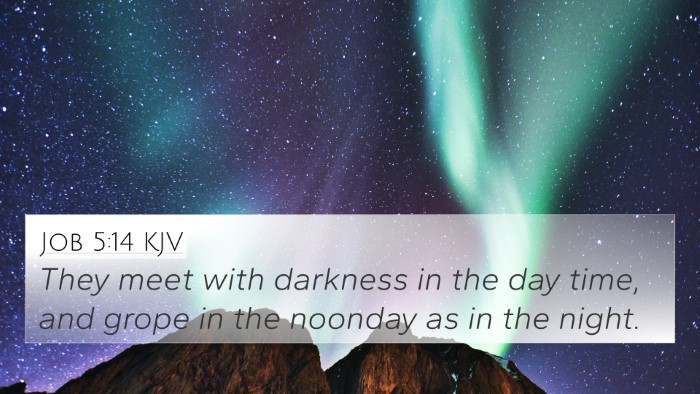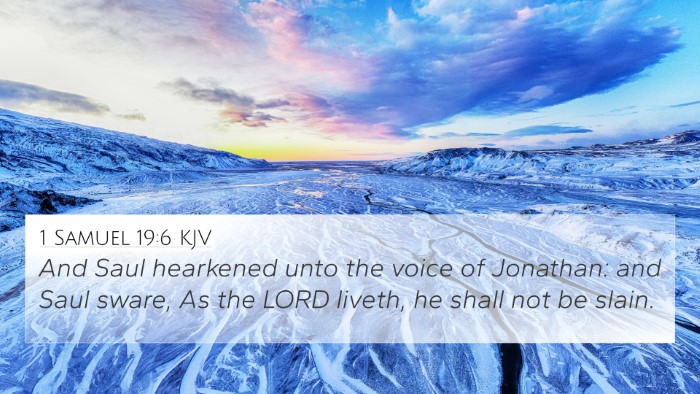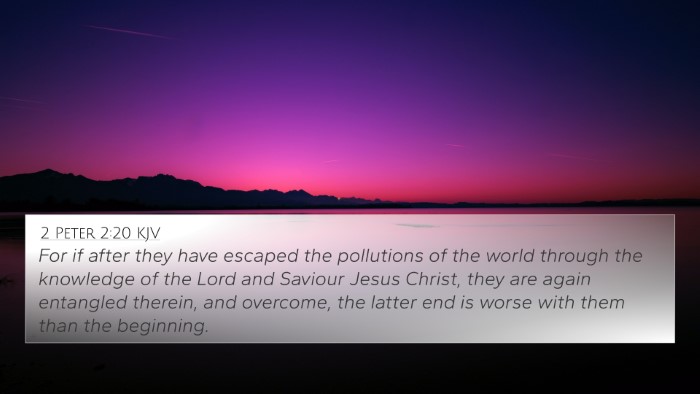Understanding 1 Samuel 19:10
1 Samuel 19:10 states: "And Saul sought to smite David even to the wall with the javelin, but he slipped away out of Saul's presence, and he smote the javelin into the wall. And David fled, and escaped that night."
This verse illustrates the intense conflict between Saul and David, highlighting Saul's jealousy and violent intent towards David. Scholars like Matthew Henry, Albert Barnes, and Adam Clarke offer deep insights into this passage, emphasizing themes of divine protection, the nature of jealousy, and the character of David.
Key Themes in 1 Samuel 19:10
- Saul's Jealousy: Saul's actions are driven by envy towards David, as he recognizes David's rising popularity and potential as a leader.
- Divine Providence: Despite Saul’s lethal intentions, David escapes, illustrating God's protection over him during this turbulent period.
- The Instability of Saul: Saul's character is further portrayed as unpredictable, oscillating between his earlier affection for David and his later animosity.
- Courage and Resourcefulness of David: David's ability to evade danger reflects his wisdom and quick thinking, traits that will serve him well in future leadership.
Cross-References for Deeper Insights
To better understand the connections within biblical texts, let's explore several related verses:
- 1 Samuel 18:8-9: Saul’s jealousy begins here, showing his shifting sentiment towards David as a threat.
- 1 Samuel 18:12: Highlights Saul's fear of David, which is a primary driver of his hostility.
- 1 Samuel 20:30: From this encounter, one can see Saul's continued animosity and irrational behavior, indicating a pattern of jealousy.
- 1 Samuel 26:1-2: Represents ongoing attempts to slay David, showcasing Saul's relentless pursuit, confirming the persistent theme of jealousy.
- Psalm 59: A psalm attributed to David during Saul’s pursuit, illustrating David’s reliance on God for protection in hostile circumstances.
- Matthew 5:10-12: Jesus teaches about the blessedness of the persecuted, resonating with David's experiences of persecution.
- Acts 13:21-22: Paul recounts the history of Israel, reaffirming the divine selection of David despite Saul's actions.
- James 4:5-6: Discusses the nature of envy and jealousy, linking back to the destructive nature exhibited by Saul.
Insights from Public Domain Commentaries
Matthew Henry points out that Saul's action represents the ultimate manifestation of jealousy, which blinds individuals to the consequences of their actions. His commentary underscores the tragic progression of Saul’s character from a noble king to one consumed by madness driven by envy.
Albert Barnes reflects on David's quick escape as evidence of God's hand in his life, suggesting that this divine intervention is pivotal for his future as king of Israel. Barnes emphasizes the broader narrative of God's purpose through David’s trials.
Adam Clarke delves into the psychological state of Saul, describing the depths of despair and turmoil that characterize his pursuit of David. Clarke's insights reveal the spiritual implications of envy, illustrating how it can lead individuals away from righteousness.
Thematic Connections
The themes in 1 Samuel 19:10 resonate throughout the Scriptures, revealing a broader narrative about the nature of power, jealousy, and divine protection. Recognizing these thematic connections can enhance one’s understanding of the Bible’s teachings on human emotion, leadership, and morality.
A Bible concordance or a cross-reference guide can be invaluable tools for exploring the connections between Bible verses. Engaging in cross-referencing Bible study methods allows for a deeper dive into the implications of jealousy, leadership, and faith as seen in Saul and David’s narrative.
Conclusion
1 Samuel 19:10 serves as a pivotal moment in the life of David, encapsulating the dangers of jealousy and the importance of divine protection amidst turmoil. Through cross-referencing with other biblical texts and engaging with scholarly commentaries, readers can appreciate the complexities and theological implications nested within this verse.
